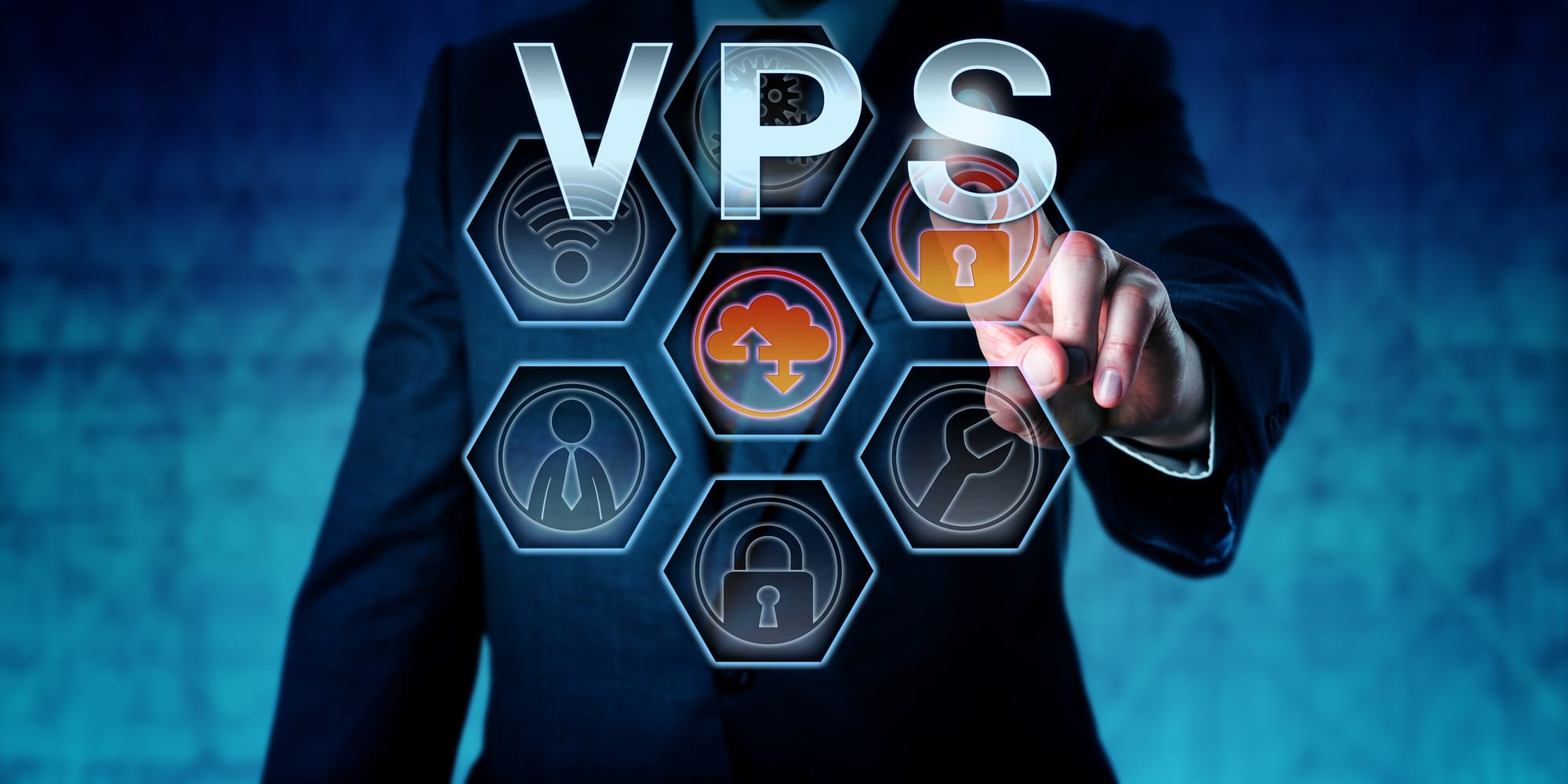Even though many people confuse the two, VPN (virtual private network) and VPS (virtual private server) are completely different IT services.
If you are still confused, keep reading to see how is a VPS different from a VPN. We will explain what each of them is, and go deeper into how you can use each of these services to your benefit.
What Is a VPS?
If you need a server to host your website or an application, but you don’t actually want to buy one (they can be expensive), you can take advantage of virtualization services. One of these is VPS, i.e., a virtual private server.
This way a physical server can be broken down into four parts, each of them a virtual server. It’s highly economical for people like you to rent a virtual server in this manner.
It’s all profitable for the one who owns the physical server because they can get four (or more) people paying for it every month.
Each virtual server on the cloud will be private and no one else will be able to access it.
The benefits, as you can see, of VPS are many. If you have a smaller website, you don’t need the expense of a huge physical server. All you might need is 2GB of RAM and 2 CPU cores.
The brilliant thing is that if (or when) your website grows, you can upgrade your VPS to a bigger one. Easy-peasy!
What Is a VPN?
Now a VPN is a different gambit altogether. A VPN creates a bridge over the internet so users can access resources online securely. As you can imagine, there are many benefits to VPN.
You can access resources that are perhaps blocked in your country or censored by the government (people in China can access Facebook, Google, and other websites in this manner).
But more importantly, businesses use VPNs to ensure that their remote workers can access their network and resources securely, without interference from hackers, malware, and other cyber threats.
VPNs offer anonymity to all users who might need it, either business-wise, or personally.
Another example of where VPN is used is with Netflix. Netflix in different countries offers different content to its users, so you can use a VPN to access the content that’s provided for Americans or Japanese people.
If you are in Europe and get an American VPN, Netflix will think you are in America and show you American content. Voila!!
VPS vs VPN
Even though the similar acronym might confuse you, VPNs and VPS’ are completely different beasts. But they can work together!
You could rent a VPS and then install VPN software on it so you can obtain your own VPN. Sound complicated??? It’s really not.
Of course, it’s a whole lot easier to hire someone to do this for you. That’s where Managed IT services come in. Check out Inception Network Strategies and their services here. Contact them with any questions or concerns.

